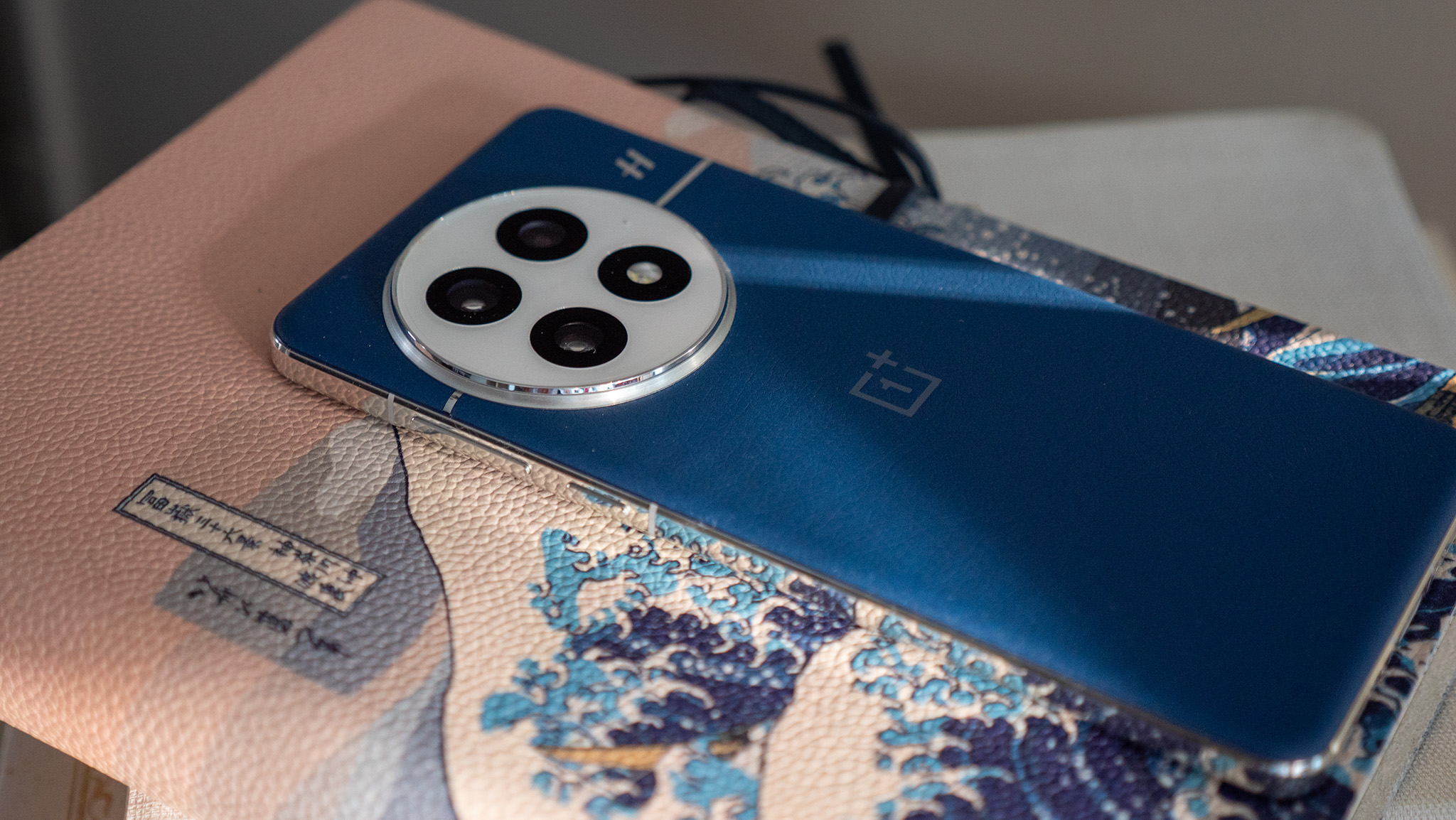5 reasons to buy a fitness tracker over a smartwatch in 2021
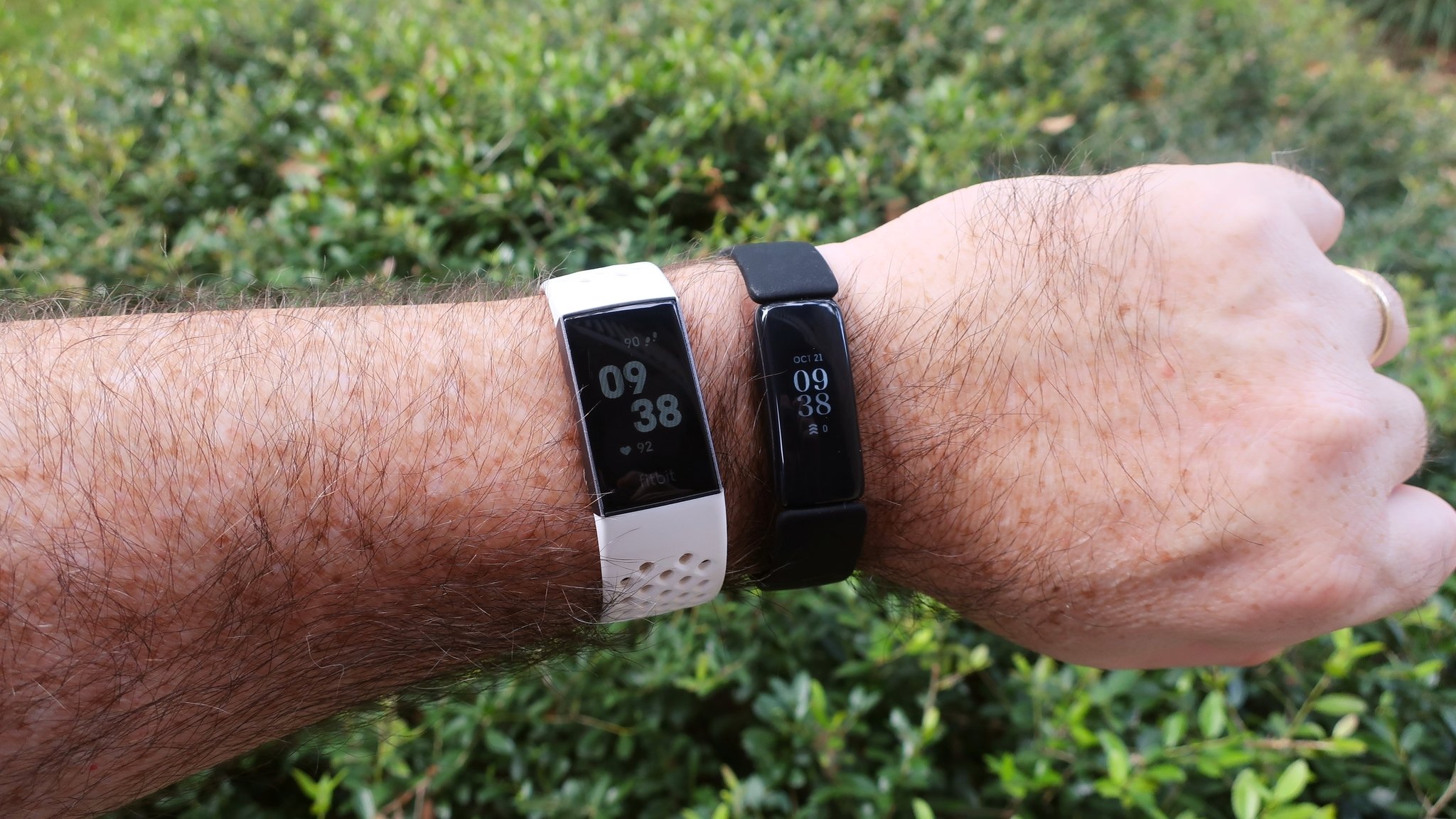
If you're currently looking for the best fitness tracker, you may come across some smartwatches during your search. That may lead you to question if one kind of device is better than the other. While they both have their pros and cons, there are some good reasons to buy a fitness tracker over a smartwatch. Whether you're just getting started with fitness tracking or you prefer the compact design, there's plenty more where that comes from.
You'll be happy to know that the same industry leaders who are also responsible for some of the best Android smartwatches on the market also offer plenty of fitness trackers. While their features may vary a bit, you'll still enjoy an excellent wearable experience at a much more affordable price point. Choosing to buy a fitness tracker over a smartwatch will come down to a few key factors. If you won't miss the larger displays and more advanced features, you can score a great deal on a device that's still loaded with perks.
Ideal for beginners
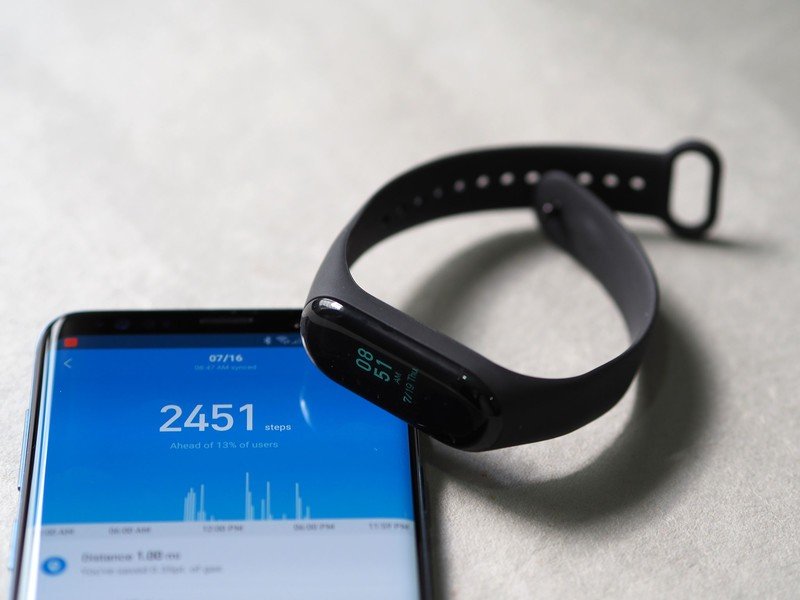
Whenever someone asks me what type of device they should buy for their fitness tracking needs, I start by considering their experience. While smartwatches may not be particularly difficult to learn, some people prefer to start small when it comes to health and fitness tracking. It's all too easy to become overwhelmed by features you don't quite understand or won't find useful.
Beginners who are using a fitness tracker for the first time may not be interested in advanced features and metrics.
On that point, it's worth noting that many smartwatches are pretty advanced when it comes to their features and the metrics they track. For more experienced users, this is a match made in heaven. However, if you're just getting started, this could make your experience more frustrating than anything else. Beginners who are using a fitness tracker for the first time may not be interested in advanced features and metrics such as blood oxygen monitoring and electrocardiogram (ECG) reading.
This doesn't mean that all fitness trackers are designed for basic activity tracking. Some options are more advanced than others, but, generally speaking, fitness trackers tend to be more basic in their features than smartwatches. For example, the Fitbit Charge 4 is one of the first fitness trackers to offer built-in GPS. Most trackers offer connected GPS, which means you have to have your phone with you. However, built-in GPS allows you to leave your phone behind.
Budget-friendly option
If you're a beginner, you may also be on a budget when choosing a fitness tracker. This is your first time using this type of device, after all. You don't want to spend a fortune on it and find that it's not the right fit for your needs. Even if you've tried one or two fitness trackers in the past, you may still find yourself looking for a budget-friendly option.
The good news is that it's not difficult to find an affordable device. You'll be able to find one that offers the feature and design you prefer without breaking the bank. For example, the Samsung Galaxy Fit is very reasonably priced yet still offers plenty of key features, including automatic activity tracking, heart-rate monitoring, and sleep tracking. You can get all of these features for a fraction of the price if you opt for the Xiaomi Mi Band 5 or Mi Band 4.
Be an expert in 5 minutes
Get the latest news from Android Central, your trusted companion in the world of Android
Longer battery life
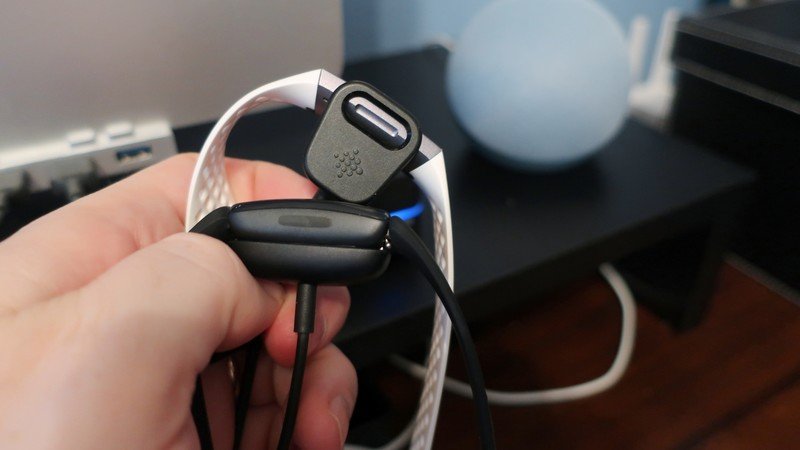
It's not uncommon for some smartwatches to offer battery life that only lasts for a day or two. Some options out there manage to pack more juice, but it depends on the brand and the model. This isn't a big concern when choosing a fitness tracker, which is yet another reason that it's a better choice than a smartwatch.
Most fitness trackers can go for a week or more without needing to be charged again.
Considering how small these devices are, they don't require a whole lot of power to get them going. Not to mention that their displays are also relatively tiny, so the screens don't end up draining much of the battery. Most smartwatches need to be charged every couple of days. You'll find that most fitness trackers can go for a week or more without needing to be charged again.
Take the Fitbit Inspire 2, for example. This bad boy can keep going for up to 10 days on a single charge. You won't have to worry about taking it off every other day and waiting for it to recharge, which is a nice bonus for those who are constantly on the go and want to wear their tracker all day long.
Compact, lightweight design
If you already consider yourself someone who's not a huge fan of watches and other bulky accessories, you'll appreciate the compact and lightweight design of fitness trackers. While it's not quite as popular as wearing the device on your wrist, many trackers offer the option of being worn as a clip-on accessory. This is great for users who already have a traditional timepiece or another piece of jewelry they'd prefer to wear on their wrist.
On the other hand, those who don't mind wearing a fitness tracker on their wrist will also be pleased. These devices are so small and lightweight that they'll take up hardly any space on your wrist. Not to mention, it won't feel like you're wearing a giant accessory that's going to weigh you down. This is especially important for active individuals who enjoy high-intensity workouts. In comparison to smartwatches, you'll find that fitness trackers often provide a much more comfortable wearing experience.
Many fitness trackers also come with interchangeable bands. This means you don't have to worry about your device cramping your style. Whether you want to change things up to be more sporty or more elegant, you've got options. For instance, there are numerous Fitbit Charge 4 bands available to meet a wide range of needs. If you're headed out for a run, you can choose a lightweight and breathable option such as silicone or nylon. If you have a formal event to attend but don't want to leave your tracker behind, consider one of the fancy stainless steel options.
Perfect for casual fitness tracking
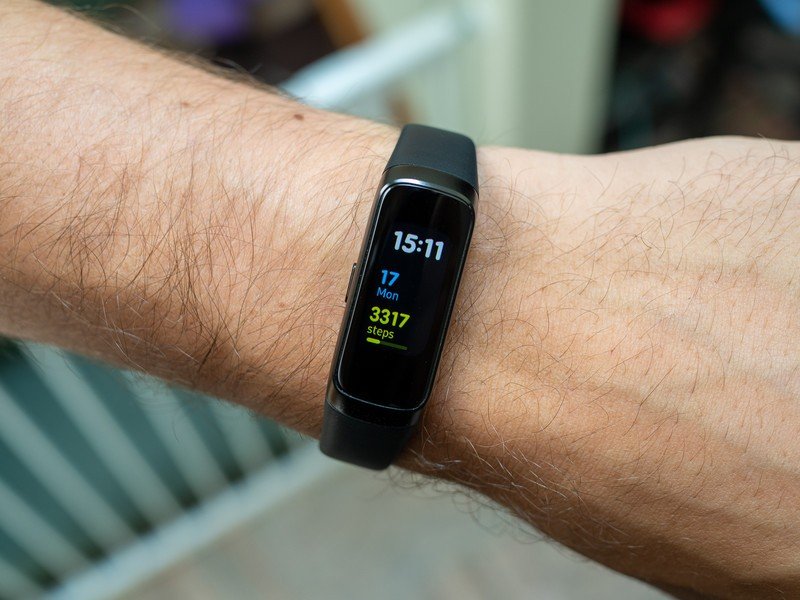
You don't have to be a beginner to enjoy the perks of a device that's made for casual fitness tracking. Some of us aren't too worried about measuring every single statistic when it comes to tracking health and fitness metrics. While some data is helpful and nice to have, you won't be overloaded with data that's not important to you.
If you want a device that will track your steps taken, calories burned, and heart rate, you can't go wrong with a fitness tracker. You'll have access to key information about your day right on your wrist. When you want a deeper look at your progress, open the corresponding app on your phone to see how you can improve.
Should you buy a fitness tracker over a smartwatch?
If these are sounding like pretty good reasons to buy a fitness tracker over a smartwatch, you may have met your match. Don't forget how affordable these devices are, which means nothing is stopping you from upgrading to a smartwatch in the future. Once you've got some basic activity tracking experience under your belt, you'll be in a better position to decide if it's something you want to further invest in with a more advanced wearable.
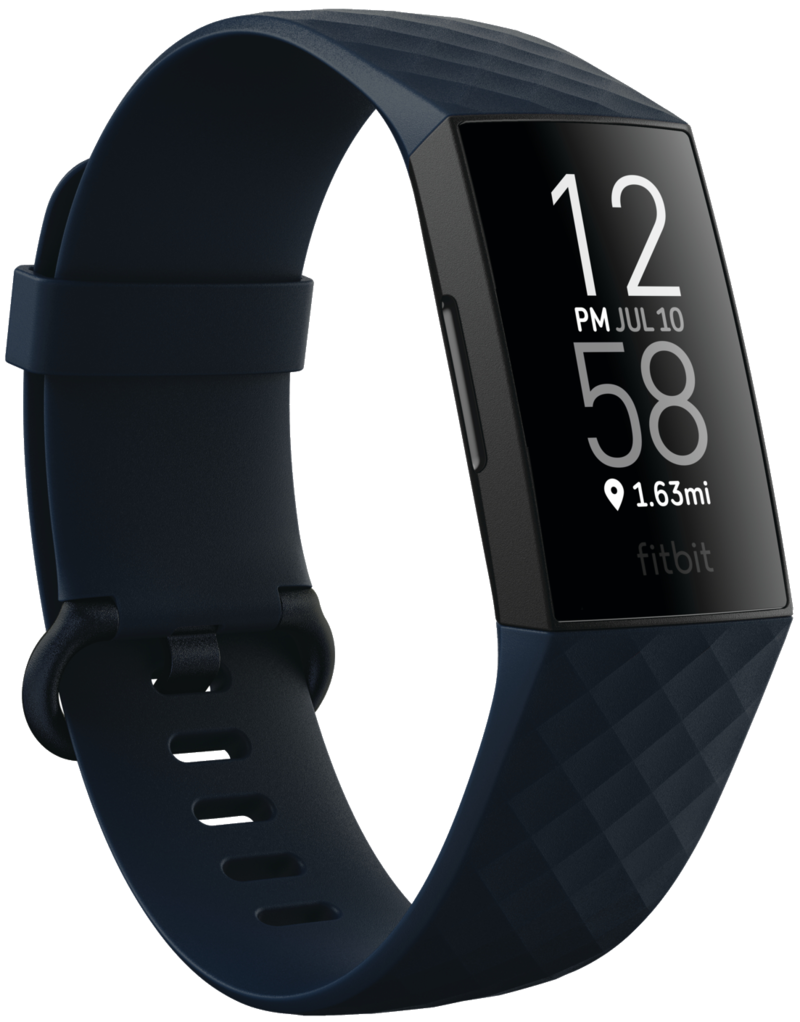
All of the essentials
It's not the cheapest fitness tracker on the market, but the Fitbit Charge 4 has everything you need for a successful tracking experience. Some examples include GPS, heart-rate monitoring, activity/sleep tracking, guided breathing, menstrual health tracking, and more.
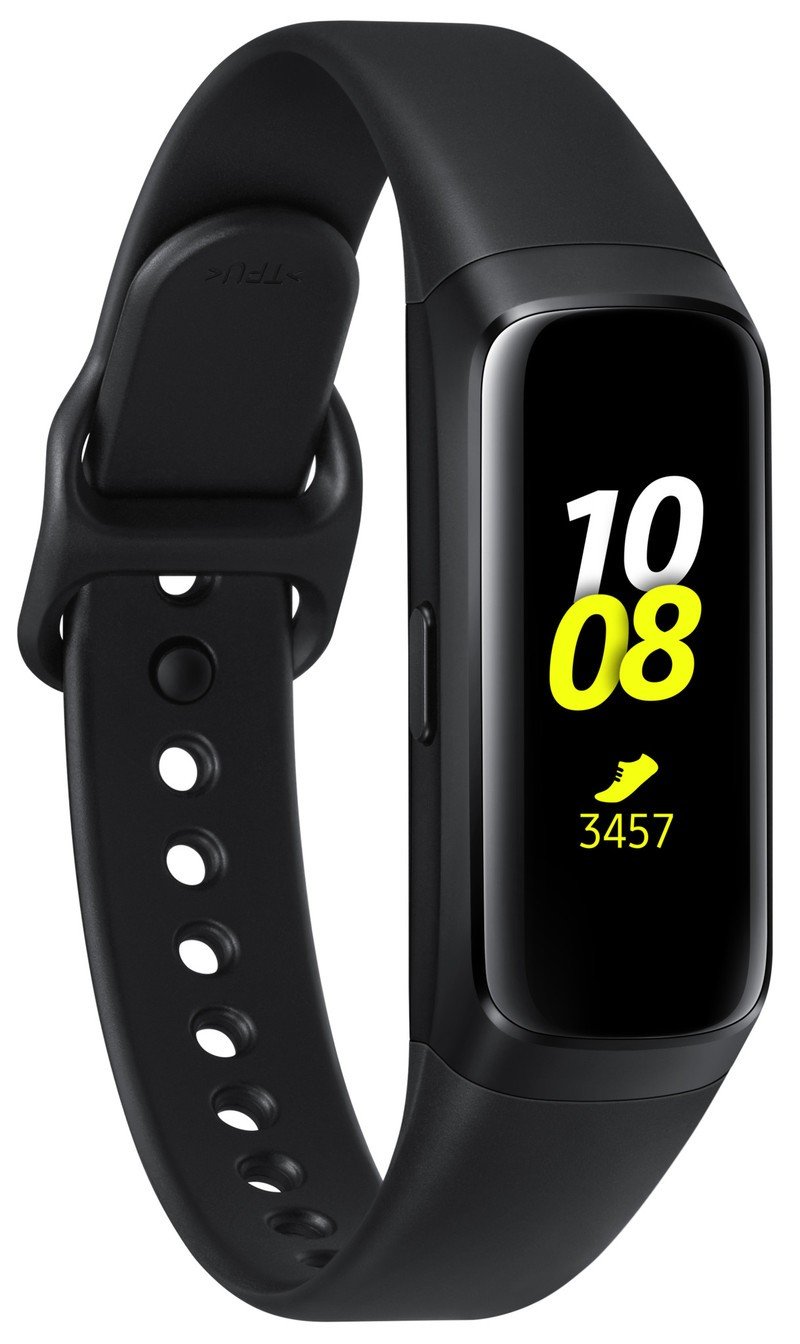
The basics
If you want to keep things a bit more simple (and affordable), you might prefer the Samsung Galaxy Fit. It offers all of the basics at a fair price. You get automatic activity tracking, heart-rate monitoring, sleep tracking, and much more. It also offers military-grade durability.
Courtney Lynch is a freelance writer at Android Central. She's obsessed with all things health, fitness, and music. At any given time, she can be found checking out the latest and greatest gadgets while simultaneously petting her dog and sipping iced coffee.

